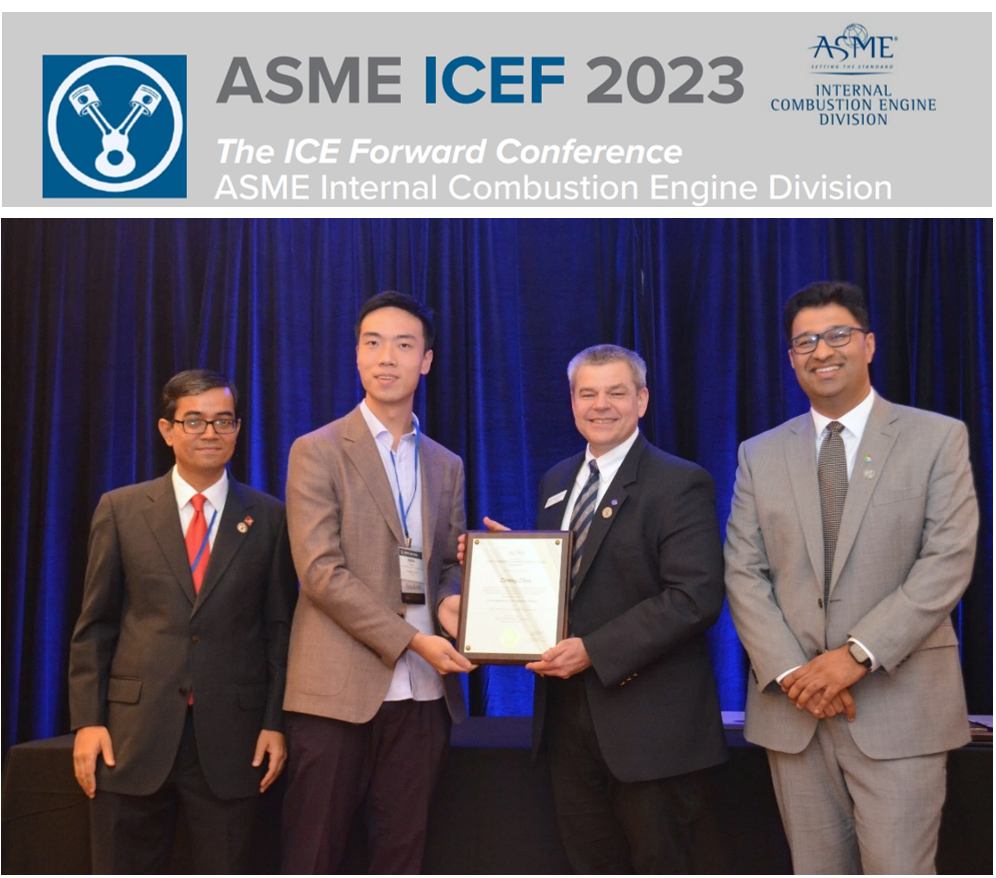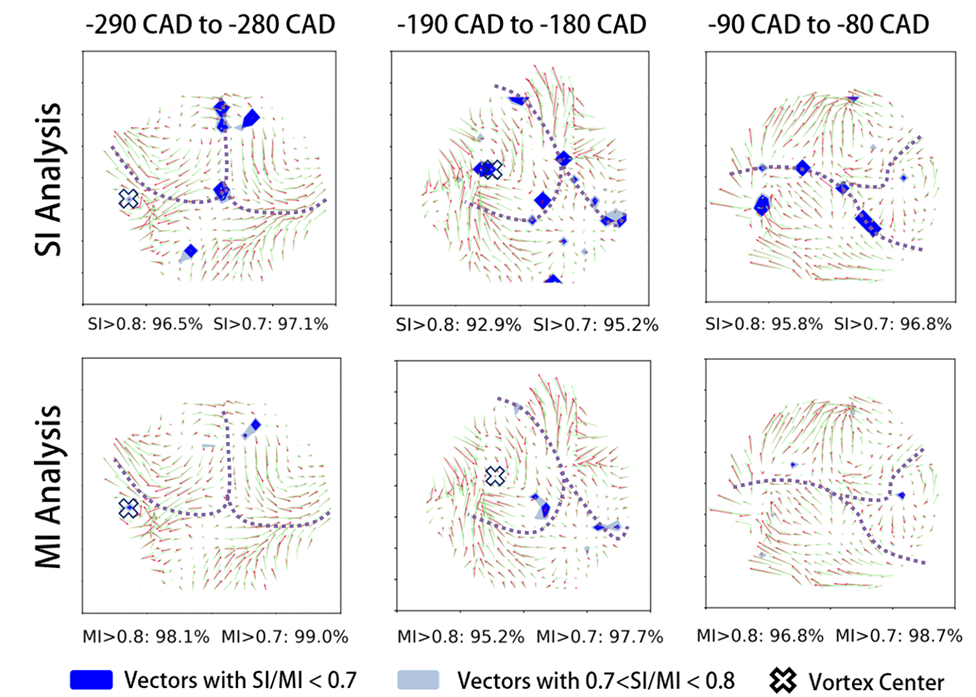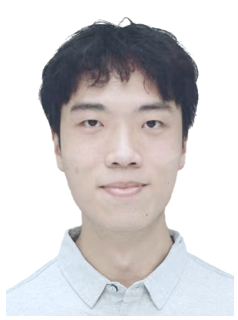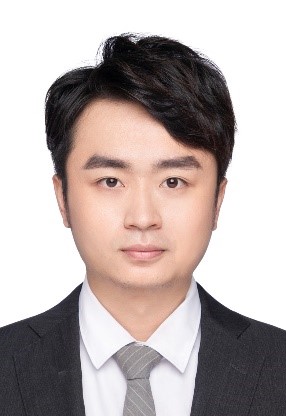Award:I received ASME ICED Undergraduate Research Award at 2023 ICE Forward Conference
The content of this post is partially adapted from the official site of UM-SJTU JI
Main Content
Recently, Ziming Zhou (author), a junior JI undergraduate ECE student, has been announced as a winner of the Internal Combustion Engine Division (ICED) undergraduate research competition at the 2023 ASME Internal Combustion Engine ICE Forward Conference, which was held in Pittsburgh, Pennsylvania, USA, between October 8 and 11, 2023. Winners of this undergraduate research competition are selected based on their outstanding research work in the field of internal combustion engines, emissions systems, fuels and sprays, or carbon management. As this year’s recipient, Ziming was invited to deliver his winner’s presentation entitled “Planar In-cylinder Flow Field Prediction based on Physics-inspired Automated Machine Learning Framework” to over 200 leading engine experts and researchers who attended the Award Presentation Ceremony.

From Left to Right: Dr. Sundar Krishnan (2023 ASME ICEF Conference Chair); Ziming Zhou; Dr. Thomas Kurfess (ASME President); Dr. Sibendu Som (ASME ICE Division Chair).
Engine efficiency is one of the most important ways to achieve “peak carbon” and “carbon neutrality”. The efficiency of combustion engines has received increasing attention from the energy and automotive industries in terms of energy conservation and emission reduction. In terms of fuel-air mixing strategy, non-uniform mixing between fuel and air usually leads to incomplete combustion and increased pollutant generation. Therefore, it is important to understand the mixing mechanism of fuel and air in the cylinder under different operating conditions in order to achieve “fuel reduction”.
Ziming Zhou, under the guidance of Prof. David Hung and Postdoctoral Researcher Dr. Fengnian Zhao at UM-SJTU JI, incorporates the spatiotemporal characteristics of flow fields into a machine learning framework, achieving accurate flow field predictions across high, medium, and low swirl ratios within engine cylinders. This research work employed an implicit physics constraint strategy in the model construction process, deeply integrating physical information with the model structure. This approach demonstrated clear advantages in predicting flow fields under complex operating conditions.

(Red represents ML predicted flow field, green represents experimental measurement data, SI/MI metrics reflect prediction accuracy)
Introduction to the award-winning student and his advisors:
Ziming Zhou
Ziming Zhou is a junior student majoring in Electronics and Computer Engineering at University of Michigan- Shanghai Jiao Tong University Joint Institute, Shanghai Jiao Tong University and is currently pursuing a dual degree program in Computer Science at the University of Michigan in the United States. His research is focused on data-driven analysis and prediction of in-cylinder flow fields, physics-informed neural networks, and engineering applications of numerical analysis methods. He has received honors such as the Undergraduate National Scholarship, John Wu & Jane Sun Excellence Scholarship.
Fengnian Zhao
Dr. Fengnian Zhao is a postdoctoral researcher at University of Michigan- Shanghai Jiao Tong University Joint Institute, Shanghai Jiao Tong University. His research focuses on laser diagnostics and 3D reconstruction of complex fluids, spray atomization, spray-air interactions, and data-driven analysis and prediction. He is currently leading a postdoctoral project funded by China Postdoctoral Science Foundation and has received the “Chenxing” postdoc award, etc.
David Hung
Prof. David Hung is the Associate Dean for Academic Affairs and the John Wu & Jane Sun Chair Professor at University of Michigan-Shanghai Jiao Tong University Joint Institute, Shanghai Jiao Tong University. He has over twenty-five years of experience in researching and developing powertrain and engine combustion systems for automotive applications. He is a Fellow of the SAE International (Society of Automotive Engineers).


